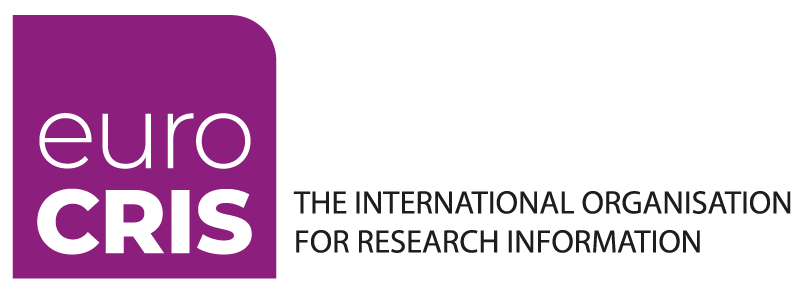Strategic Partnerships of euroCRIS are formalized agreements of cooperation with organizations (applicably called “Strategic Partners”) on a national or international scale, whose work or mission is related to the field of research information in general or research information systems in particular. The general aim of these partnerships is the optimization of research information availability, supply and use(ability) on an international scale as well as the gathering and sharing of knowledge and experience related to research information. The agreement of cooperation with each of the Strategic Partners is worked out in a jointly formulated and signed Memorandum of Understanding in which the common goals as well as the division of tasks between the two organizations are concretely formulated.
Up to now, euroCRIS has a Strategic Partnership with the following organizations (in alphabetical order):
|
CONCYTEC – Peruvian Council for Science, Technology and Innovation Concytec is the national Peruvian institution of the National Systen of Science and Technology and Technological Innovation SINACYT made up of Academia, the State Research Institutes, Business Organizations, Communities and Civil Society. One of its tasks is to implement a research information system on a national scale in Peru.
|
|
|
COAR – Confederation of Open Access Repositories COAR is an international association that brings together individual repositories and repository networks in order to build capacity, align policies and practices, and act as a global voice for the repository community.
|
|
|
CODATA - Committee on Data of the International Science Council (ISC) CODATA exists to promote global collaboration to improve the availability and usability of data for all areas of research.
|
|
|
EARMA – European Association of Research Managers EARMA represents the community of Research Managers and Administrators (RM&As) in Europe. EARMA provides a networking forum, a learning platform, and a place to share experiences and best practice among RM&As
|
|
|
EUNIS – European University Information Systems EUNIS is an international organization aimed to help member institutions develop their IT landscape by sharing experiences and working together.
|
|
|
IBICT – Brasilian Institute for Information on Science and Technology IBICT is a Brasilian governmental organization that aims to promote competence, resource development and information infrastructure in science and technology for the production, socialization and integration of scientific and technological knowledge. |
|
|
JISC National British organization with a mission to provide optimal digital solutions for education and research in the United Kingdom.
|
|
|
LYRASIS LYRASIS is a non-profit membership organization whose mission is to support enduring access to the world’s shared academic, scientific and cultural heritage through leadership in open technologies, content services, digital solutions and collaboration with archives, libraries, museums and knowledge communities worldwide.
|
|
|
OCLC OCLC is a global library cooperative that provides shared technology services, original research and community programs for its membership and the library community at large.
|
|
|
OpenAIRE – European Open Science Infrastructure for open Scholarly and Scientific Communication OpenAIRE is an international organization and network with a mission to shift scholarly communication towards openness and transparency and facilitate innovative ways to communicate and monitor research. To achieve this goal, OpenAIRE has set up and maintains an international database holding information about outputs (publications, datasets,…) from research outputs from a great number of countries, mainly from Europe. The database is fed by OpenAccess Repositories and – since recent – CRISs from the countries/institutions involved.
|
|
|
ORCID An international not-for-profit organization aimed at providing a unique identifier for researchers on a world wide scale. ORCID’s vision is a world where all who participate in research, scholarship, and innovation are uniquely identified and connected to their contributions across disciplines, borders, and time.
|
|
|
VIVO VIVO is a member-supported, open source software and an ontology for representing scholarship. VIVO supports recording, editing, searching, browsing, and visualizing scholarly activity.
|
|














